Hawzah News Agency- There is more Islamophobia in Bosnia and Herzegovina than there is in the rest of Europe, the head of a Muslim organization in the country said on Tuesday.
"Unfortunately, Islamophobia exists in our society. We may suffer it from Bosnians, Croats, or Serbs. Islamophobia, we can say, is more common in Bosnia and Herzegovina than in (other) European countries," Husein Kavazovic Kavazovic, the president of the Islamic Union group, told Anadolu Agency in an interview.
Explaining that Islamophobia is "a kind of racism," Kavazovic said this form of discrimination is still rife in the Balkan country despite Muslims and non-Muslims living together within its borders.
"Even though we see each other often, unfortunately, this is the case," he lamented, adding that most people do not expect to encounter Islamophobia in Bosnia and Herzegovina or its capital, Sarajevo.
Kavazovic argued that Islam is not fully understood in Bosnia and Herzegovina, nor, for example, the meaning of the headscarf, also known as a hijab, that many Muslim women wear.
Noting that some Muslim women are forced out of their jobs or not given work because they wear the hijab, he said this was a "ridiculous" practice by employers.
No force can bring repeat of events in 1990s
Amid rising concerns in the country of ethnic secessionism, Kavazovic said many feared that the simmering tensions would devolve into a new war.
"As a small country, we went through a very painful war," said the Muslim leader, adding, however: "When I look at the current situation, there's no force that can repeat what happened in the 1990s in Bosnia and Herzegovina."
"People who talk about stories of a possible war only make life difficult. That's why our young people and children go live abroad. But, it's still good to be careful," said Kavazovic.
The Bosnian War began on March 1, 1992 and lasted until Dec. 14, 1995.
More than 100,000 people lost their lives in the war, while around 2 million were uprooted from their homes.
The country suffered greatly during its war of independence, which included a siege of Sarajevo and the genocide of Srebrenica, Europe's worst war-time atrocity since 1945.
The siege of the capital Sarajevo began on April 5, 1992. It took 1,425 days in total and a total of 11,541 people in Sarajevo, 1,601 of whom were children, were killed.
More than 50,000 civilians were injured by about 500,000 shells dropped on the city.
An average of 329 mortar shells were fired into the city every day.
In the town of Srebrenica, about 80 kilometers east of the capital, more than 8,000 Bosnian Muslim men and boys were killed when Bosnian Serb forces attacked in July 1995, despite the presence of Dutch peacekeeping troops.

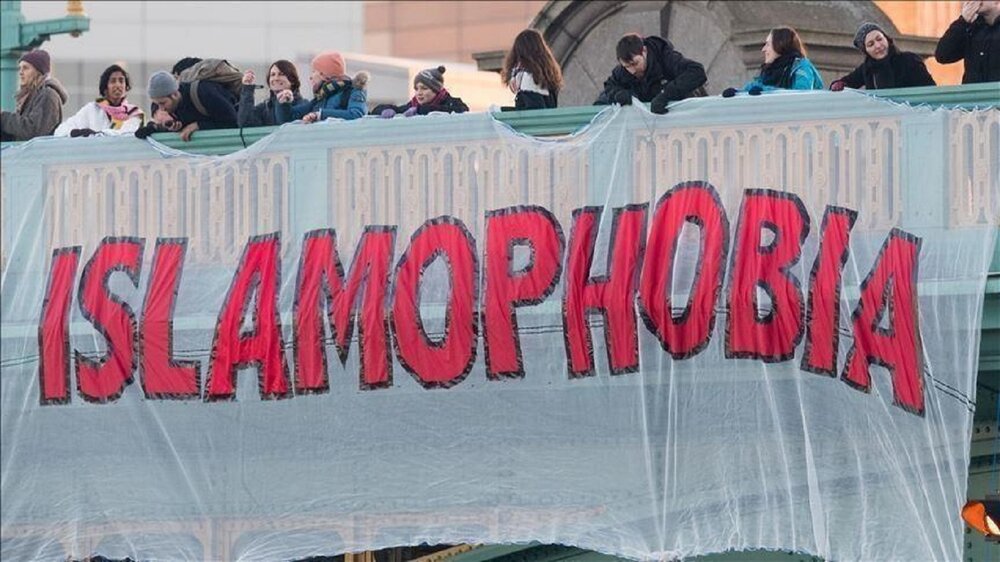
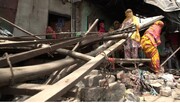
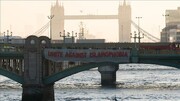
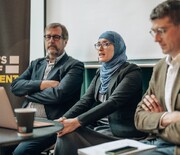


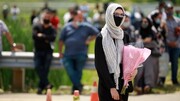
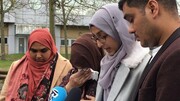


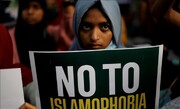
Your Comment